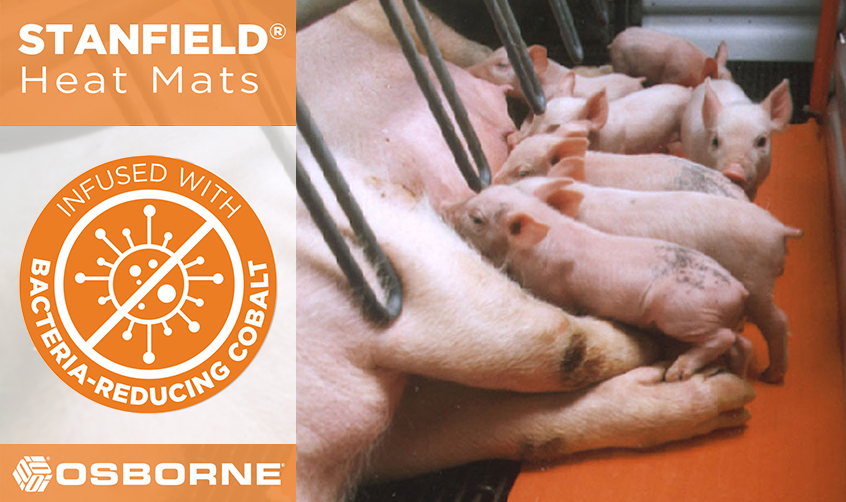



WPX 2012: Pork Producers Strongly Oppose Egg Bill
USA – The National Pork Producers Council is very vocal about its opposition to the proposed Egg Bill, which would set federal standards for minimum space size per hen, because of the precedent it sets for all animal agriculture, writes Chris Wright for ThePigSite from the World Pork Expo in Des Moines.The Egg Bill originated as an agreement between the United Egg Producers (UEP), an egg producer cooperative, and animal rights activists. Now, that has gone federal, with the bill being presented formally in the US Senate at the end of May. The bill would move egg production from conventional cages to enriched (colony) cages or other alternative production systems within 15 years.
The Egg Bill or as the National Pork Producers Council (NPPC) calls it, the "farm takeover bill", is its own separate legislation right now, but the fear is that it could become attached to the Farm Bill, which is currently being discussed by the US Senate. This is only speculation, no one is really sure if this will happen.
The pork industry's concerns, as expressed by Bill Luckey, NPPC Board Member, and Audrey Adamson, NPPC Vice President of Domestic Public Policy, is that if the Egg Bill becomes law, it would set a federal standard that could be then used for regulating other animal agriculture sectors.
If this law passes, said Adamson, this would be the first time the US government sets "x by y" size standards for raising animals. Plus, this is legislation that has nothing to do with food safety standards, she argued.
It is not only the pork producers, but the US agriculture community by and large, which is opposed to the Egg Bill.
The NPPC is worried about what the Egg Bill will do to supply, prices and production costs of eggs. The UEP has said that the change would increase the production cost of eggs, but just slightly.
But, as Luckey pointed out, the banning of conventional cages in Europe this year has reduced the supply and increased the price of eggs significantly in that region.
Another concern of the NPPC is that the Egg Bill will force smaller egg producers out of business, because they will not be able to afford the costs of the conversion. In Europe, smaller egg producers have had to go out of business because they could not afford to convert systems.
Again, the real worry is about what would happen to pork producers if similar legislation were passed for the pig industry.
Luckey was very clear about the fact that the NPPC believes that producer and consumer choice is the way to go, not federal legislation. Let the producers choose to produce the way they want. If an egg producer wants to produce cage free or with enriched cages, that's their choice and their challenge to find markets for their products. But producers should not be forced by the government to produce with a certain system.
The consumers should also be able to choose what types of eggs they want and what types of prices they are willing to pay. Adamson said that when you regulate the production system, you have taken away some of the choices for consumers. In the case of eggs, it will remove the choice of the least expensive eggs available.
Adamson concluded by saying that the NPPC will be stepping up its communications efforts against the Egg Bill in the near future.










